| Health Savings Account (HSA) | Health Reimbursement Arrangement (HRA) |
General Description | HSAs are tax favored “IRA-type” accounts. Individuals covered by certain high deductible health plans (HDHPs) can establish an HSA to pay for qualified medical expenses of eligible individuals, spouses, and/or tax dependents.
| Also called “defined contribution” or “personal care” accounts, these employer-funded accounts pay employees for reimbursed medical expenses. |
Eligibility |
|
|
Who Can Contribute? | Employee, employer, both, or other individual(s) making qualified contributions on behalf of the employee | Employer only |
Contribution Limits | Individual Coverage: $4,150 (2024) Family Coverage: $8,300 (2024) 55+ Catchup: $1,000
| No federal income tax law limits Employer sets the contribution limits. |
Distributions for Medical Expenses | Distributions may be made for qualified medical expenses. Eligible expenses are those identified in the IRC section 213(d). Distributions for non-qualified medical expenses are subject to 20% penalty tax and will be considered income for tax purposes.
| Distributions may be made for qualified medical expenses. Eligible expenses are those identified in the Internal Revenue Code section 213(d).
Claim substantiation is required. |
Tax Benefits |
| Employer contributions are excluded from employee’s gross income. |
Carryover of Funds & Portability |
|
|
This chart is for informational purposes only. The contents are not intended to serve as tax, legal, or business management advice.


